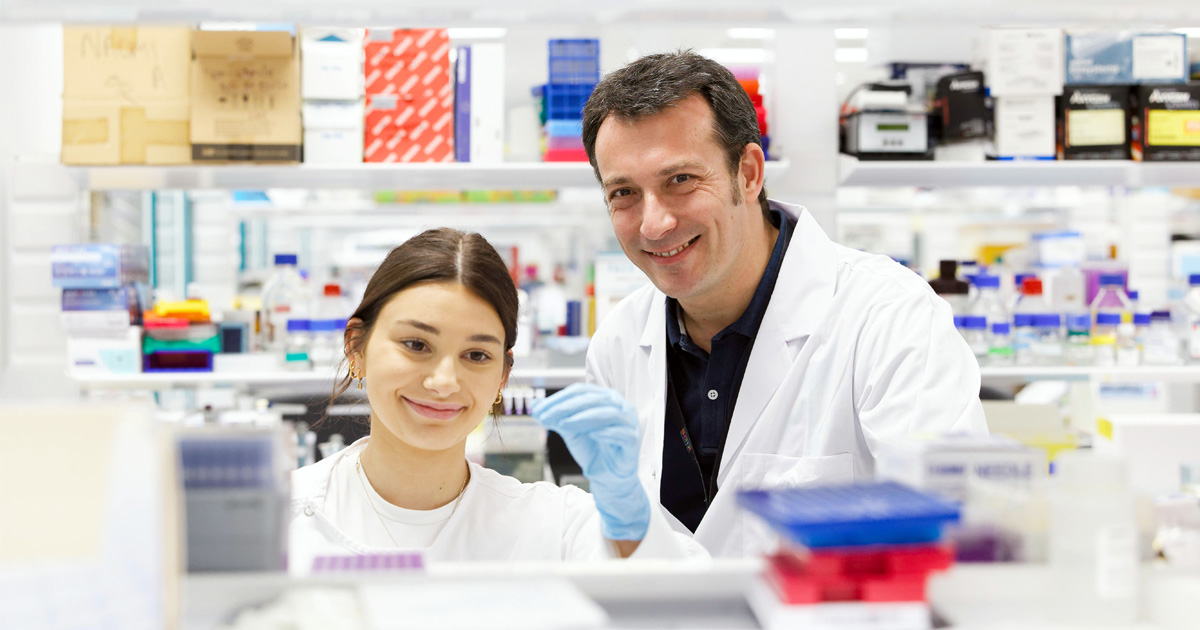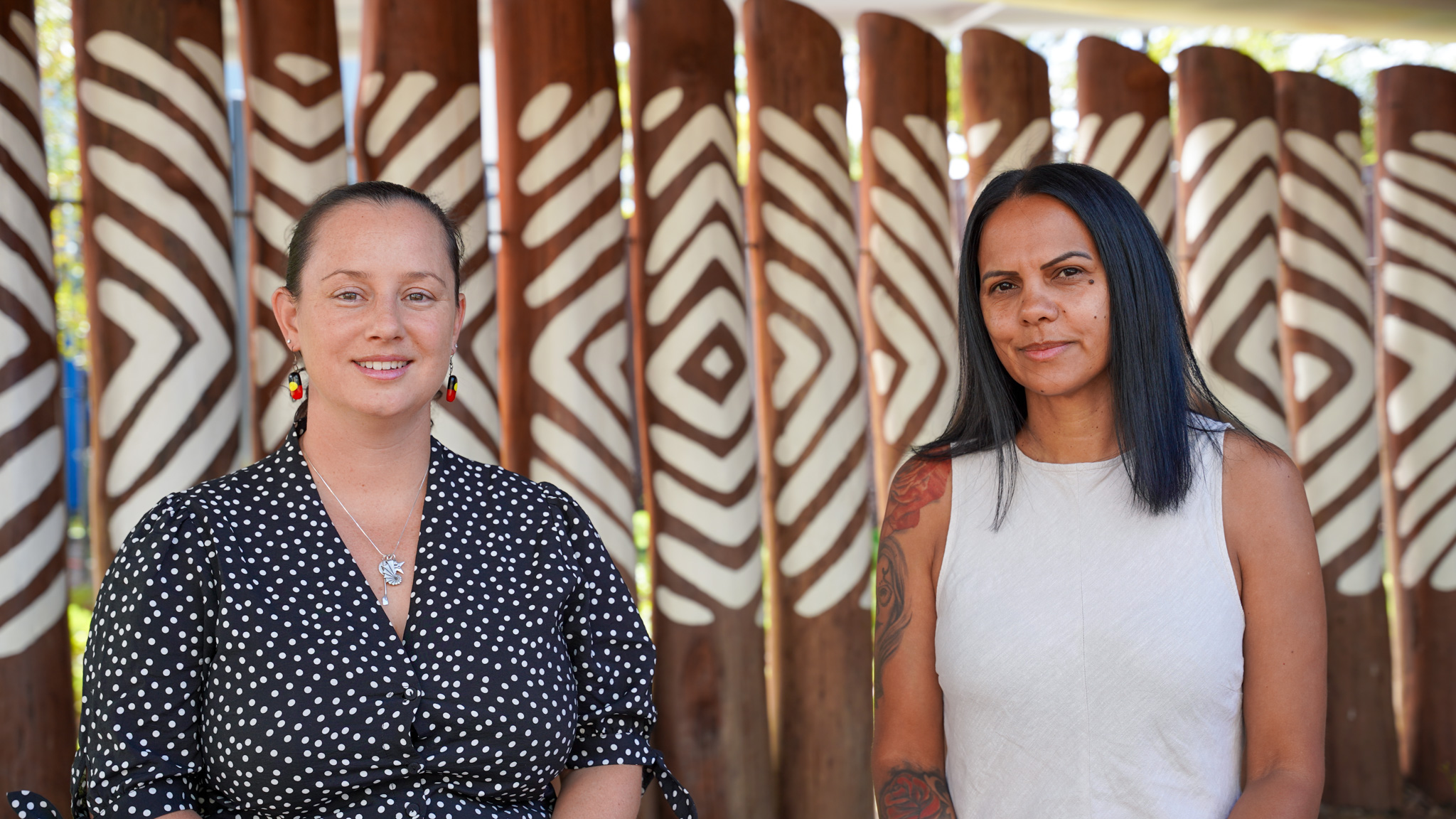Search

News & Events
Pioneering new treatments for leukaemia in children with Down syndromeA team of world-leading scientists has secured $5 million in funding from the Leukaemia and Lymphoma Society to advance the fight against leukaemia in children with Down syndrome.
Research
Fetal growth and risk of childhood Acute Lymphoblastic LeukemiaThe relation between intrauterine growth and risk of childhood acute lymphoblastic leukemia was investigated in an Australian population-based case-control...
Research
Receptor mutation is not a common mechanism of naturally occurring glucocorticoid resistance in leukaemia cell linesGlucocorticoids (GCs) are among the most important drugs for the treatment of acute lymphoblastic leukaemia (ALL).
Research
Targeting the effector site with IFN-alphabeta-inducing TLR ligands reactivates tumor-resident CD8 T cell responses to eradicate established solid tumorsEffective antitumor CD8 T cell responses may be activated by directly targeting the innate immune system within tumors.

A first of its kind research program at The Kids Research Institute Australia aims to develop new strategies to better treat Aboriginal and Torres Strait Islander children with cancer.
Research
Impact of pediatric anesthesia management on cancer outcomes in children—a narrative reviewThe relationship between anesthetic technique and pediatric oncological outcomes is an emerging field of interest. With significant improvements in childhood cancer survival in recent decades, there is an increased focus on optimizing the quality of survival and reducing the incidence of metastasis and recurrence. The aim of this narrative review article is to investigate and consolidate the current available evidence assessing the immunomodulatory effects of anesthesia in the pediatric oncology population.
Research
Age-based pegaspargase dosing is safe and achieves therapeutic levels in infants with ALL: report from COG AALL15P1Rishi S. Kotecha MB ChB (Hons) MRCPCH FRACP PhD Co-Head, Leukaemia Translational Research rishi.kotecha@health.wa.gov.au Co-Head, Leukaemia
Research
Boosting the influenza vaccine schedule in children with cancer: a prospective open-label studyCurrent immunization guidelines recommend one dose of influenza vaccine for children aged ≥9 years and two doses for younger or vaccine-naïve children. However, children receiving chemotherapy have an attenuated immune response. We performed a prospective open-label study in children undergoing treatment for cancer at Perth Children's Hospital, Western Australia, to examine the safety and efficacy of a boosted influenza schedule.
Research
Coupling of response biomarkers between tumor and peripheral blood in patients undergoing chemoimmunotherapyPlatinum-based chemotherapy in combination with anti-PD-L1 antibodies has shown promising results in mesothelioma. However, the immunological mechanisms underlying its efficacy are not well understood and there are no predictive biomarkers to guide treatment decisions.
Research
Preclinical Assessment of Dactinomycin in KMT2A-Rearranged Infant Acute Lymphoblastic LeukemiaInfants with KMT2A-rearranged B-cell acute lymphoblastic leukemia (ALL) have high rates of relapse and poor survival compared with children. Few new therapies have been identified over the past twenty years. The aim of this study was to identify existing anti-cancer agents that have the potential to be repurposed for the treatment of infant ALL.
